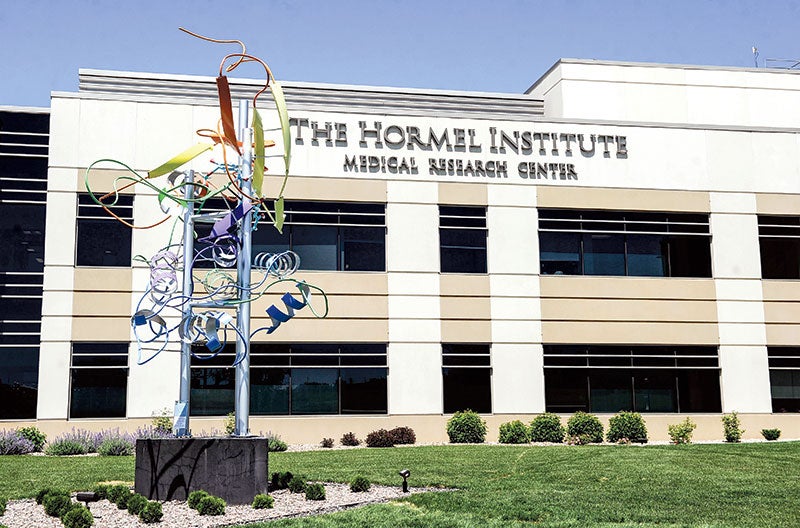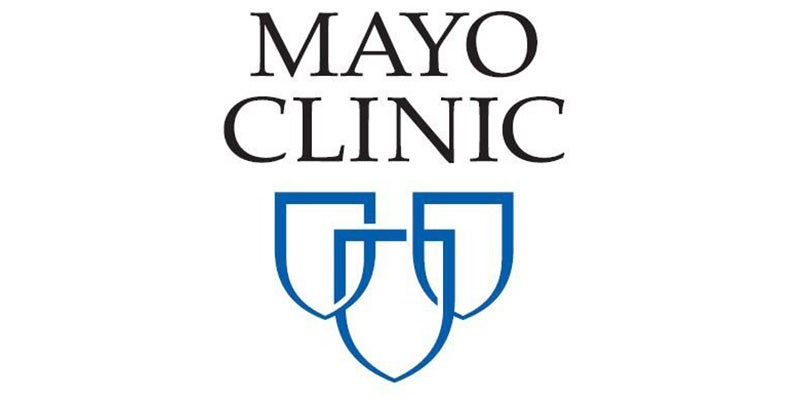Hormel Institute awarded $2 million on prostate cancer research grants
Published 8:39 am Wednesday, December 12, 2018
Over $2 million in grants was awarded to fund prostate cancer research at The Hormel Institute, University of Minnesota, The Hormel Institute announced on Monday.
Dr. Yibin Deng, associate professor and head of the Cell Death and Cancer Genetics lab, achieved the major grant awards to support his research into prostate cancer and understand how the genetic changes in patients affect tumor development.
National Cancer Institute (NCI), part of National Institutes of Health, was the funder of the largest grant of $1.9 million. This five-year grant will look for a specific and effective strategy to target currently incurable castration-resistant prostate cancer. Castration-resistant prostate cancer continues to grow in the body even when testosterone levels are at very low levels.
Another two-year award came from National Cancer Institute (NCI), providing over $380,000 for prostate cancer preclinical translational studies in partnership with Pennsylvania State University. Translational research takes discoveries found in the lab and potentially applies them to cancer patients.
Additional pilot research funding came from Grant-in-Aid of University of Minnesota and the Minnesota Chemoprevention Consortium program at Masonic Cancer Center, University of Minnesota to support prostate cancer research.
Dr. Deng was the recipient of a “Bowling for the Battle” prostate cancer research seed grant. These seed grants are funded by community donations for prostate cancer research and allow scientists to perform initial research and gain preliminary data for national funding. This pilot study sometimes leads to larger grants, such as the $1.9 million dollar grant Dr. Deng just received.
“I give my deepest thanks to the Gillard and Maschka families and everyone who supports Bowling for the Battle,” said Dr. Deng. “The support we received for our research from the community helped our lab secure important, major funding – it will further our understanding of prostate cancer.”
Prostate cancer is the most common cancer in men, after skin cancer, with nearly one in nine men being diagnosed with prostate cancer during their lifetime. While prostate cancer is the second leading cause of cancer death for men, research has been able to reduce deaths from prostate cancer in recent years. Currently the five-year survival rate for most men with a local or regional prostate cancer after being diagnosed is well over 95 percent. However, more research is needed as the five-year survival rate for some types of metastatic prostate cancer, such as the castration-resistant prostate cancer Dr. Deng is currently studying, has dropped to 30 percent and have no known cure.
Progress in cancer research and cancer care has been astounding. Diseases where there was little or no success in treatment 50 or more years ago — such as some types of breast cancer, leukemia, Hodgkin lymphoma or testicular cancer — are now routinely cured. Transformative advances in cancer immunotherapy have led to complete remissions and apparent cures for some patients with advanced melanoma or lung cancer.
Federal support of cancer research can take most of the credit for these advances, according to the American Association for Cancer Research (AACR). However, funding for the National Institutes of Health (NIH) has been largely flat for the past 15 years, with increases falling below the rate of inflation.
Because of this stagnant federal funding, industry, universities and philanthropy aim to fill the gap – and donations that come to The Hormel Institute to fund research are critically important.
“This accomplishment of seed grants shows the power of an idea and a group of people coming together, committed to making a contribution,” said Gail Dennison, director of development and public relations at The Hormel Institute.




